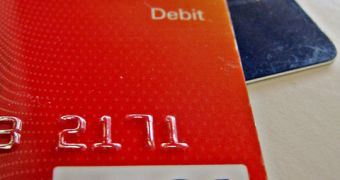A study shows that 40,000 small and medium-sized companies in Australia have inadequate security measures implemented into their bank transaction mechanisms.
In an interview given to SC Magazine by Visa's country risk manager, Ian McKindley reveals that most smaller companies have close to none security policies when it comes to electronic transactions, most vulnerable being the restaurants, clubs or independent supermarket chains.
Point of Sale (PoS) payment systems are widely implemented throughout family businesses and because they're very easy to hack, in many cases they become hackers' favorite targets.
“These merchants obtained their own integrated PoS systems that were good 12 years ago, but not anymore. They’ve gotten their uncle who’s a web developer to build the systems or bought it from a shopping cart ... but we and the cybercriminals have moved on,” revealed McKindley.
It seems as in some cases not even the outdated Payment Card Industry Data Security Standard (PCI DSS), introduced in 2006, was met, leaving customers exposed to credit card fraud attempts.
A simple study made by Visa shows that most businesses don't ever upgrade their hardware or their software solutions, in many cases totally unprotected information being transmitted through wireless network components.
Level four companies, called so because they have a hard time implementing the security standards, are often the cause of small time credit card frauds. Money-hungry hackers don't even bother breaking into the networks of large organizations when they can easily make a good profit by taking advantage of these “level fours.”
Visa is currently working with Australian banks and vendors in an effort to diminish these crime rates. In the future the magnetic stripe bank cards will be replaced with more secure systems that rely on a microchip integrated into them, making replication almost impossible by reducing the amount of information available to fraudsters.

 14 DAY TRIAL //
14 DAY TRIAL //